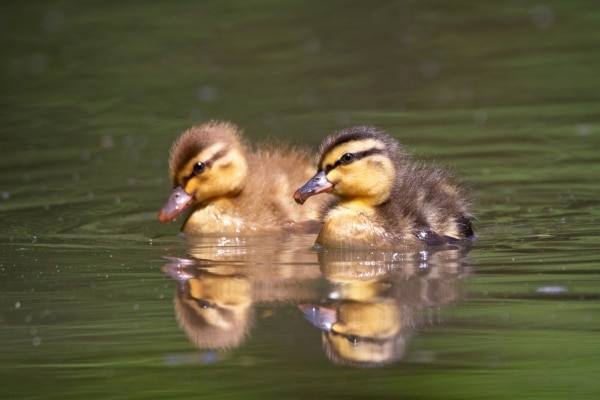
Duck nest tubes – what you need to do and when
Now is the perfect time to think about taking part in BASC’s duck nest tube project to assist mallard and other duck species, says BASC’s Sophie Stafford.
Get information on the legal shooting season for mammals and birds in the UK.
Apply for funding for your project or make a donation today
Comprehensive information and advice from our specialist firearms team.
Everything you need to know about shotgun, rifle and airgun ammunition.
Find our up-to-date information, advice and links to government resources.
Everything you need to know on firearms law and licensing.
All the latest news and advice on general licences and how they affect you.
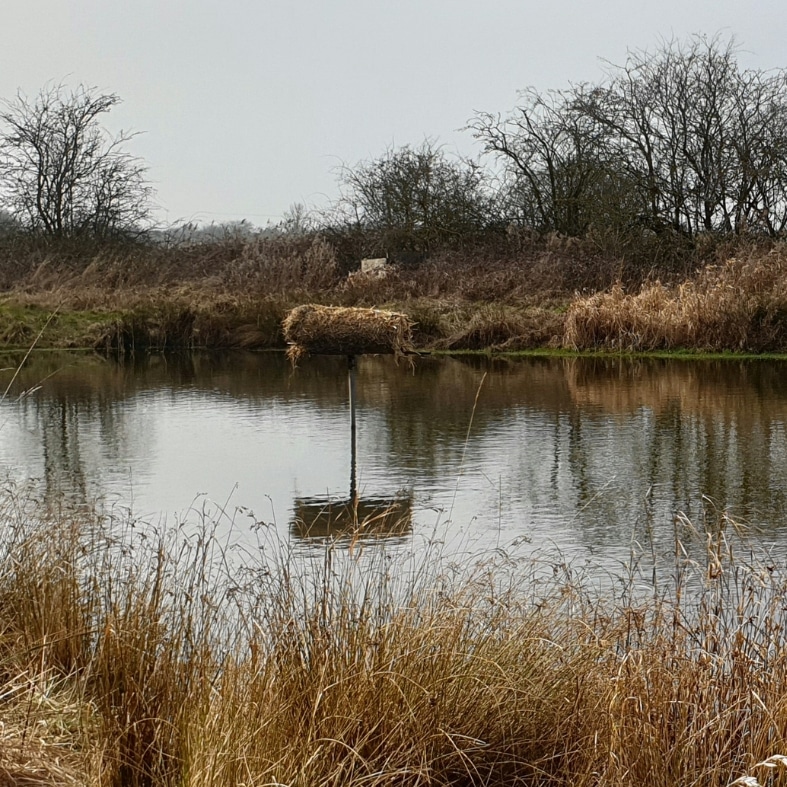

With reports of ducklings hatching out across the country, now is the perfect time to monitor any duck nest tubes you may have installed.
It’s fair to say that the weather we have received so far this spring hasn’t been the kindest, and the effects on our wildlife – including quarry species – will soon be apparent. A change in conditions may offer a glimmer of hope for many species that are yet to breed, but some wildfowl including mallard duck, will have already attempted to nest.
Many have been exposed to the rising water levels and bad weather that we have recently seen. These conditions are far from ideal for the UK’s resident mallard duck population, especially since we have seen a decline in their numbers over the past 20 years.
As a ground nesting species, mallard and their nests are vulnerable in such conditions. Add to that the risk of predation and disturbance and low hatching success rates are likely to be a contributing factor in population declines.
Wild nests are difficult to monitor, and to understand the impacts of environmental challenges on nesting success rates, we need as much data as possible to monitor breeding success.
In 2021, the duck nest monitoring project was founded by the Waterfowlers’ Network, an international partnership made up of hunting organisations from across Europe. The project is dedicated to the conservation of wild ducks such as mallards across the flyway. It involves installing artificial nesting structures and monitoring the breeding success of the species that use them.
Aimed at mallard, the success of the project heavily relies on both the installation of nesting structures in appropriate sites and data being recorded and reported back. The data element is vital to help to understand which management practices are most likely to have a positive impact on the breeding success of resident mallard.
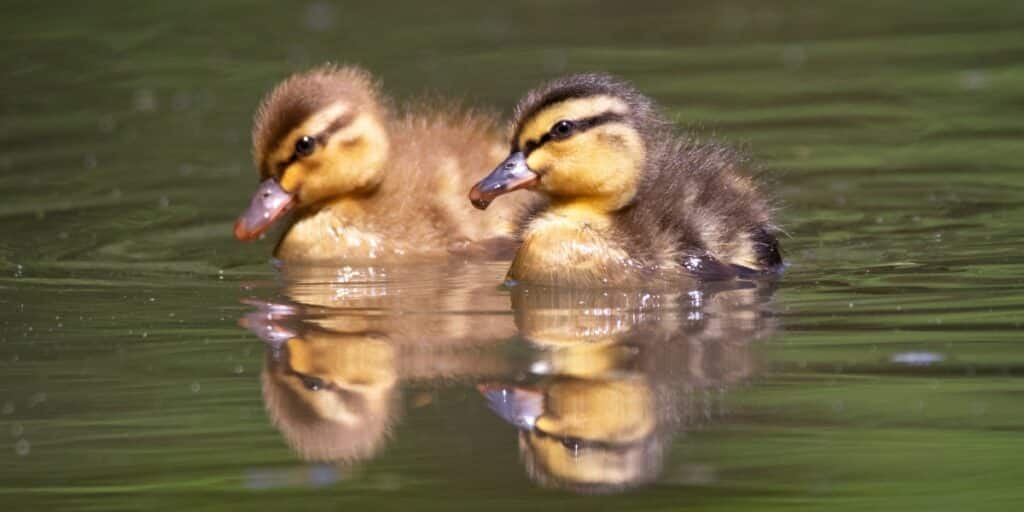
Mallard can breed all year round, but many start to nest early in the year, so now is the time to start checking on any nest tubes you may have installed. Below are a few tips on how to do this successfully.
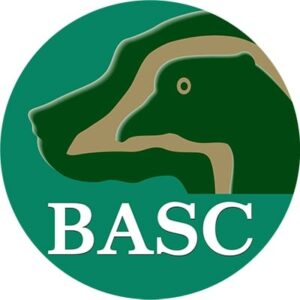

Now is the perfect time to think about taking part in BASC’s duck nest tube project to assist mallard and other duck species, says BASC’s Sophie Stafford.
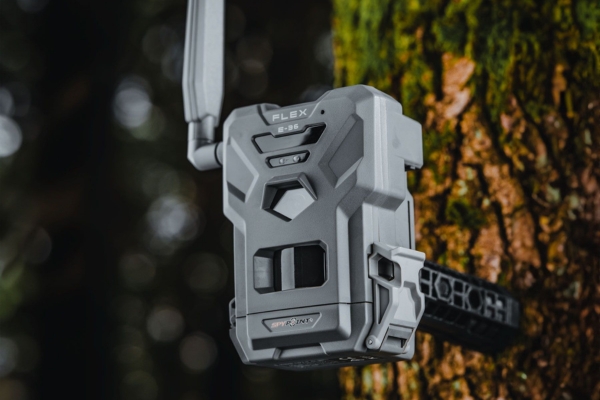
BASC science officer Sophie Stafford looks at trail cams and their usefulness in shooting and conservation.
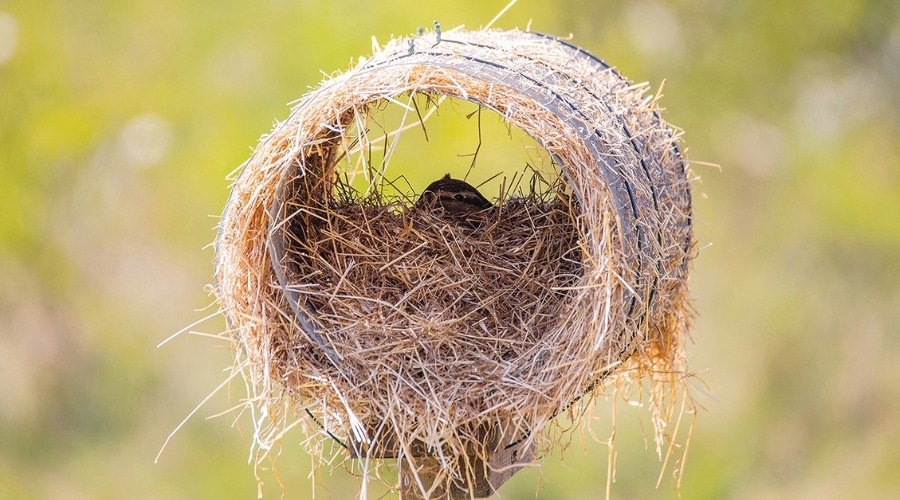
Once occupied, installing duck nest tubes can increase mallard hatching rates to more than 90 per cent.
Sign up to our weekly newsletter and get all the latest updates straight to your inbox.
© 2025 British Association for Shooting and Conservation. Registered Office: Marford Mill, Rossett, Wrexham, LL12 0HL – Registered Society No: 28488R. BASC is a trading name of the British Association for Shooting and Conservation Limited which is authorised and regulated by the Financial Conduct Authority (FCA) under firm reference number 311937.
BASC Direct Ltd is an Introducer Appointed Representative of Agria Pet Insurance Ltd who administer the insurance and is authorised and regulated by the Financial Conduct Authority, Financial Services Register Number 496160. Agria Pet Insurance is registered and incorporated in England and Wales with registered number 04258783. Registered office: First Floor, Blue Leanie, Walton Street, Aylesbury, Buckinghamshire, HP21 7QW. Agria insurance policies are underwritten by Agria Försäkring.
If you have any questions or complaints about your BASC membership insurance cover, please email us. More information about resolving complaints can be found on the FCA website or on the EU ODR platform.